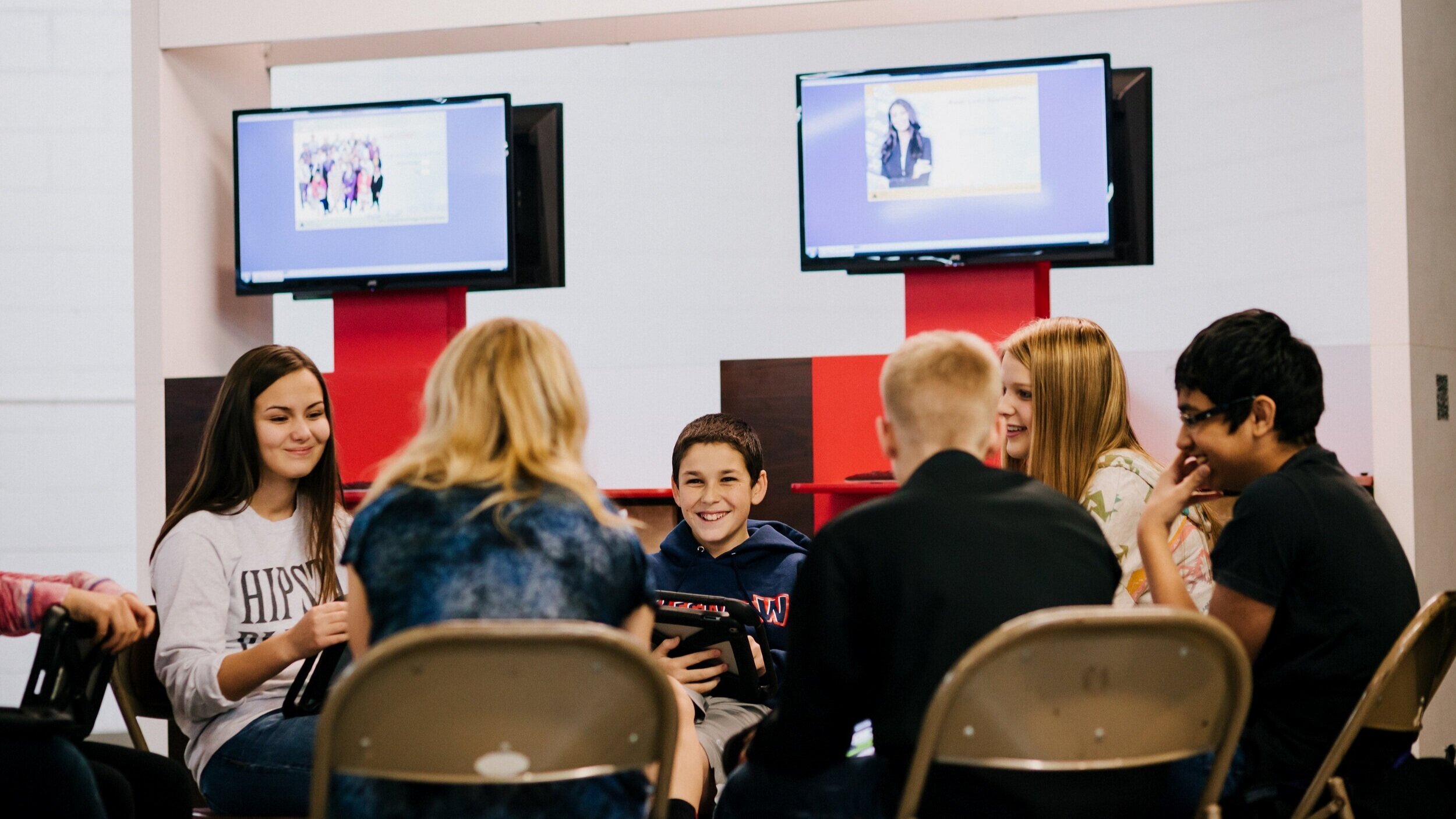In the dynamic financial climate of today, it’s highly important for people to own solid money management competences. This kind of knowledge as to how to operate with finances, manage budget properly and make calculated financial decisions will highly affect the personal finance in one’s future.
Nevertheless, taking standard course in the class should also be well adapted to real-life financial problems. It is the very area that creative programs imposed, such as the JA Finance Park, fit in to achieve real learning students in order to apply effectively.
Understanding JA Finance Park
JA Finance Park is a participatory learning program of Junior Achievement (JA), a renowned nonprofit organization that delivers financial literacy training to youth for them to succeed in the global economy. The program provides students from the grades 6-12 with dynamic experience in an area financial training which covers themes like person finance management, budgeting, saving and investment concepts.
How Can Teens Get JA Finance Park Worked Out?
The JA Finance Park will usually run as a single day trip or be integrated into another subject matter. Here’s how the program generally unfolds:Here’s how the program generally unfolds:
Preparation
Before the students come to the park they will be partaking in classroom lessons that will help them develop skills and knowledge pertaining to personal finance. In that tutorial, the topics of cash flow, income, expenses, budgeting, credit and saving will be included.
Simulation Day
At the time of demonstration, children will visit a JA Finance house which is usually arranged to look like a city with small businesses portraying different financial matters. Every students gets a case assignment, helping to recreate a real-life situational background, including work, income, a family, or any fixed obligations.
Decision-Making
Equipped with their pretend profiles (such as income, family status, job, and credit rating), students make decisions, just like adults do, about renting, buying a house, a car, grocery shopping, insurance payments, entertainment, and so on. They interact with the modelling via the simulation, monitor expenditure and face a real-life cost challenge.
Reflection
At the end of the simulation students shall attend debriefing sessions to link their experiences to financial decisions made, learn to find consequences of those decisions and manage their financial resources.
Critical Benefits of JA Finance Park
Real-World Application
Unlike what’s used to in a regular classroom setting, JA Finance Park gives students the rare opportunity to learn in a hands-on level where they act out and experience the real deal, a financial world scenario. With the aid of this approach the students are able to comprehend why these decisions seem practical rather than a mere academic experience.
Critical Thinking Skills
The simulation teaches students to think holistically and to make sound management decisions under their limited budgets by fulfilling these tasks. They have the necessity to scale down, make compromises and assess the repercussions of their selection on the merits of things.
Empowerment
Students become familiar with managing their finances when they involve themselves in JA Finance Park and as conclusion, they get this principle when they graduate. They understand that financial literacy is close to them and that they can quit making emotional rather than data-based choices.
Collaborative Learning
The program develops the spirit of unity and promotes teamwork among the students because they contribute to the activities comprehension as well as sharing their experiences and learn from their peers.
Long-Term Impact
Studies prove that the JA Finance Park teaching method brings change to student cognitive behavior and personal experiences of money. Through influencing students’ crucial financial abilities at an early age, the program then enables them to be ready for financial stability and prosperous lifetime.
(FAQs)
Who are eligible to complete the JA Finance Park?
In its engaging package, JA Finance Park is tailored for middle and high school students. School board can arrange field trips to JA Finance Park locations, or educators can approve to parcel the program into their syllabus.
What is expensive for one student may not be the same for another as cost while being involved in the JA Finance Park?
Even though they are paid by the end, some JA programs can be sponsored or are nominated for the recipient’s scholarship so as to make sure that every student enjoys the program opportunities.
How is JA Finance Park divided into different themes as well as which articles are included?
JS Finance Park includes learning about personal finances ranging from budgeting, saving, investing, banking, credit, insurance, taxes and career planning.
Does the Business Park use special resources for the JA Finance Park lessons?
It is true that by automatically supplying educators with complete written down lessons, curriculum materials, and apprenticeship programs to ease JA Finance Park lesson facilitation, Junior Achievement creates the required environment.
What difference does JA Finance Park bring about concerning students’ financial literacy lastly?
Studies show JA Finance Park are highly useful tools because they increase students’ money management skills, general economic literacy, and positive attitudes about managing their money. The majority of students often come out of the course all having a high amount of confidence and capability of their sound financial decision-making.
Conclusion
A unique and an important lesson in financial literacy will be experienced by the students through a JA Finance Park program which is practical and hands-on in nature. The curriculum creates a classroom environment where students are given various financial cases to solve and so, this helps them gain the necessary knowledge, skills, and confidence required to handle financial matters competently.
Engaging youngsters with the practice and actually applying the learned knowledge, JA Life Skills is equipping a generation of the young ones to be wise about money and fit in the very competitive world.

